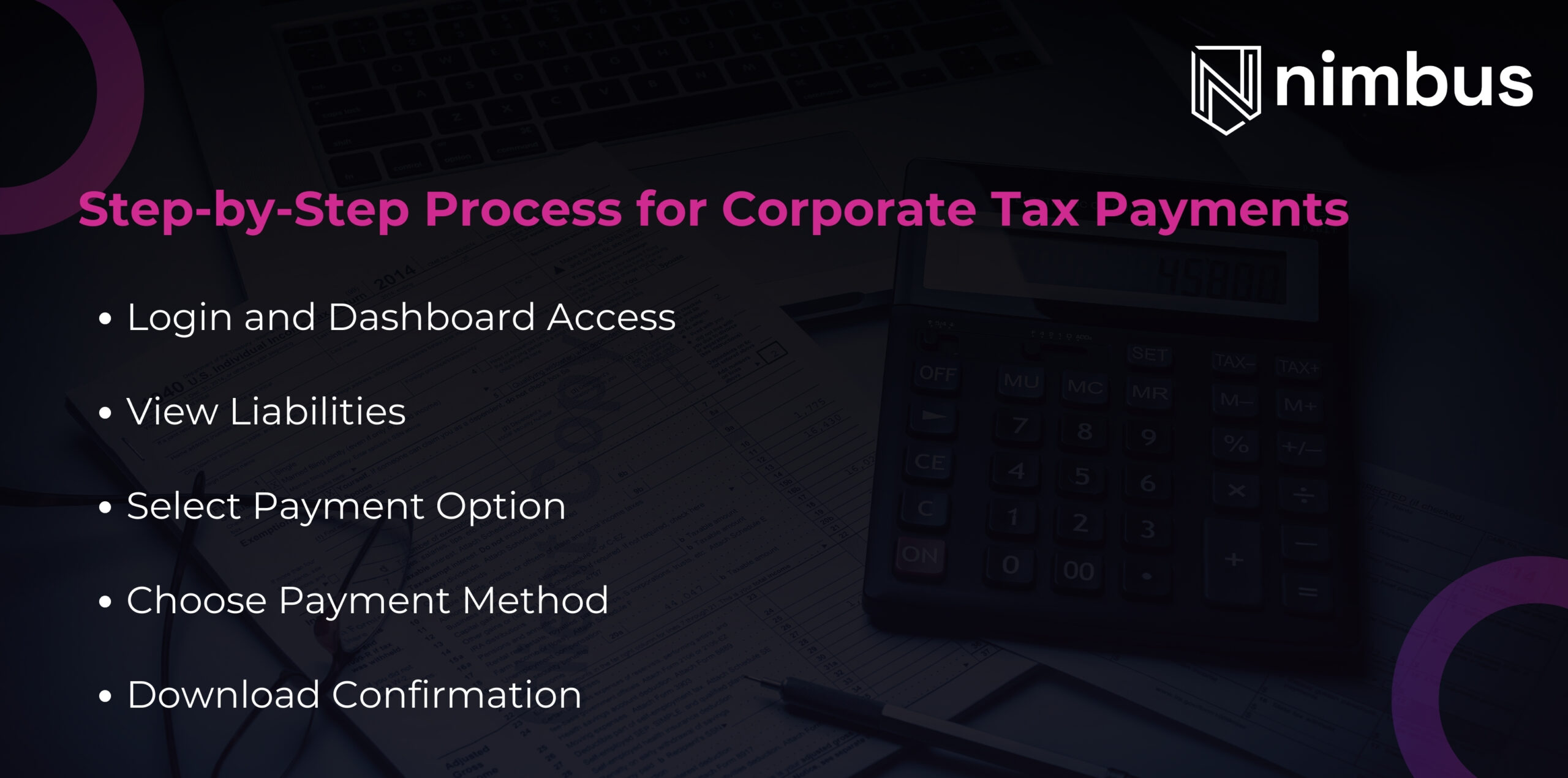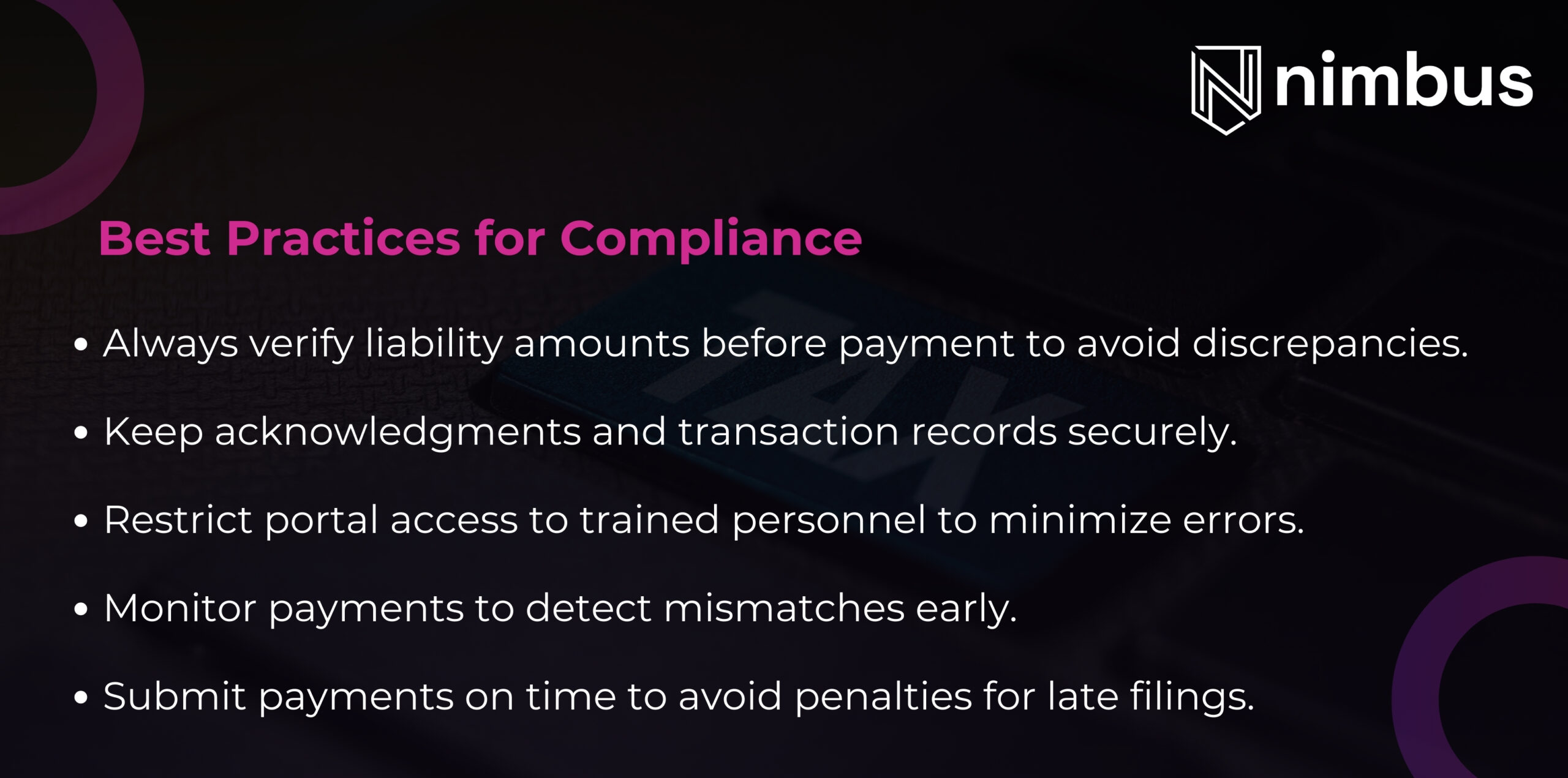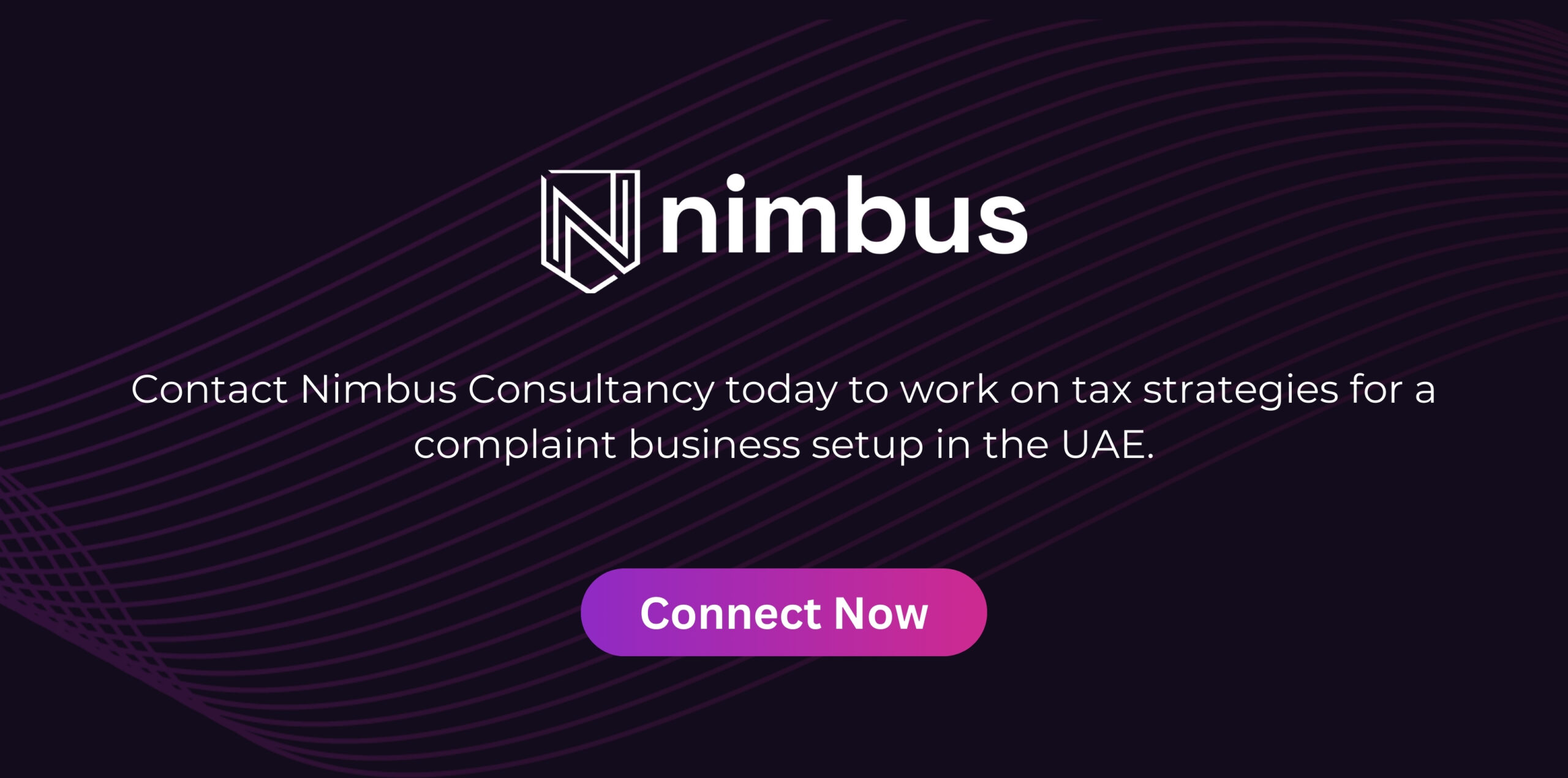As the UAE continues to strengthen its business-friendly ecosystem, corporate tax compliance has become increasingly streamlined through digital platforms.
EmaraTax, the UAE Federal Tax Authority’s central portal, now serves as the primary gateway for businesses to file and pay corporate taxes efficiently. This post walks you through EmaraTax, updates in corporate tax regulations, and step-by-step procedures to ensure compliance.
– Understanding Corporate Tax in the UAE
The UAE introduced the Federal Corporate Tax Law under Federal Decree Law No. 47 of 2022, which came into effect on June 1, 2023. The law applies to all businesses operating in the UAE and sets a zero percent tax rate for profits up to AED 375,000 (US$102,110.2) and 9 percent for profits above this threshold.
Key updates include:
- From January 1, 2025, the UAE implemented the Domestic Minimum Top-up Tax (DMTT) aligned with OECD Pillar Two. Multinational groups with global revenues above EUR 750 million (US$869.8 million) must meet a minimum effective tax rate of 15 percent.
- The government is considering R&D tax credits and high-value employment incentives for FY 2026, offering 30-40 percent refundable credits depending on company size and sector.
- On May 24, 2025, the Cabinet clarified tax treatment for unincorporated partnerships, allowing joint ventures and professional firms without legal personality to be taxed at the entity level with FTA approval.
- Sharjah introduced a 20 percent corporate tax in February 2025 on certain extractive and non-extractive activities. Companies paying the 9 percent federal rate can offset this liability.
– EmaraTax: The Central Portal for Corporate Tax
EmaraTax integrates all corporate tax services, from registration and filings to payments. It supports secure logins via UAE PASS and connects with the UAE Central Bank and commercial banks for seamless transactions. Best practices for portal use include:
- Limiting access to authorized finance staff or external tax advisors.
- Keeping documents ready, including tax registration numbers, liability statements, and bank details.
- Regularly monitoring payment confirmations and retaining transaction records for audit purposes.
– Step-by-Step Process for Corporate Tax Payments
The FTA’s updated guidance simplifies liability settlement via EmaraTax. Here are the key steps.

- Login and Dashboard Access
Log in using your EmaraTax credentials or UAE PASS. Select your taxable entity to access the dashboard. - View Liabilities
Navigate to “My Payments” to see pending taxes, previous payments, and any penalties. Download the statement if needed for reference. - Select Payment Option
Choose either “Select & Pay” for partial payments or “Pay All” to settle the total liability. EmaraTax displays amounts by financial year. - Choose Payment Method
Payments can be made via:- GIBAN Transfer: Generate a six-digit reference number in EmaraTax, add the FTA as a beneficiary in online banking, and complete the transfer.
- Card Payment: Use Visa or Mastercard through MagnatiPay, the UAE’s new card payment gateway replacing eDirham. International cards are processed in local currency.
- Download Confirmation
Once payment is processed, download the PDF acknowledgment as proof of settlement.
– Best Practices for Compliance

- Always verify liability amounts before payment to avoid discrepancies.
- Keep acknowledgments and transaction records securely.
- Restrict portal access to trained personnel to minimize errors.
- Monitor payments to detect mismatches early.
- Submit payments on time to avoid penalties for late filings.
– Common Challenges and Solutions
Some companies may encounter:
- Login issues with UAE PASS, typically resolved through password reset or re-authentication.
- Payment mismatches or delays, which can be addressed by contacting FTA support directly.
EmaraTax represents a major step forward in the UAE’s tax digitization strategy. It ensures a clear, transparent, and accessible platform for corporate tax settlements and simplifies corporate tax obligations, integrating payment, filing, and documentation in one platform.
Its digital-first approach supports local and international businesses in meeting deadlines and maintaining transparency. For companies exploring UAE company formation, mastery of the EmaraTax portal is now a key part of operational and financial planning.
Looking Ahead
With continuous updates to UAE corporate tax law, businesses should stay informed about new regulations, R&D incentives, and changes to multinational tax obligations.
EmaraTax will likely expand its services to accommodate future compliance requirements, including cross-border transactions and high-value employment credits. By following best practices, monitoring compliance, and engaging the right advisors, businesses can focus on growth while staying aligned with federal regulations.
For businesses considering business setup in Dubai, understanding and leveraging EmaraTax is essential for smooth operations and regulatory compliance. Consulting experienced tax professionals can help companies navigate the portal efficiently, optimize payments, and avoid potential penalties.



